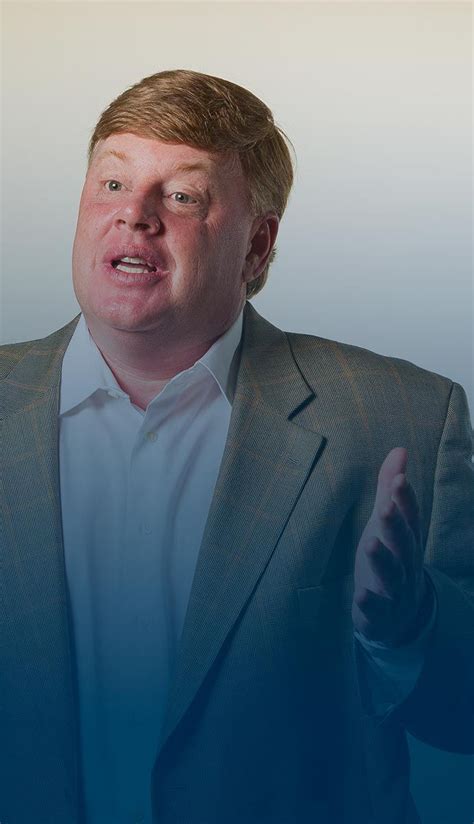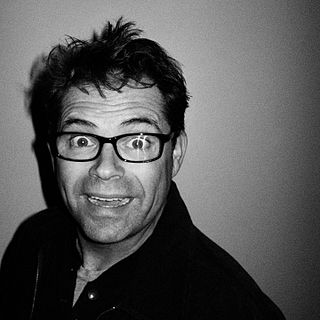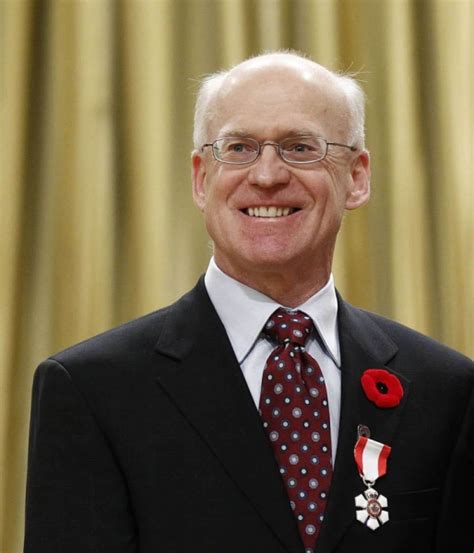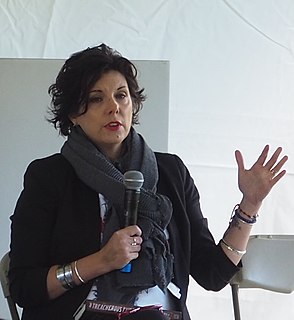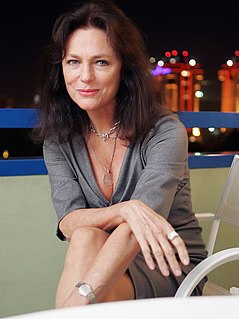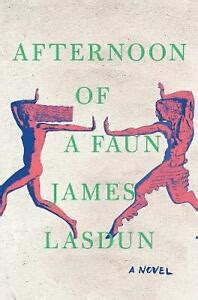A Quote by Bill Courtney
Internal character: how you behave when no one is watching.
Related Quotes
When you have children your own hypocrisy becomes more apparent because you're telling them how to behave, and you're not behaving like that yourself. So it obliges one to really go in and try to look at why there is a huge gulf between how one knows one wants to behave and how one actually does behave.
You will never experience less reality than when you are watching a reality show. You're watching people who aren't actors, put into situations created by people who aren't writers and they're second guessing how they think you would like to see them behave if this were a real situation, which it's not. And you are passively observing this; watching an amateur production of nothing. It's like a photo of a drawing of a hologram.
It is true that social media, nowadays, is important, but I don't understand everyone needing to know everything about an artist or an actor because it loses the intrigue and mystery. And then, when you're watching them as a character, you can't watching them as a character. You can only watch them as the public figure that they have presented themselves to be. I hate when people say, "Well, that's what you signed up for. That's how it is." No its not. That's not what you signed up for.
What I mean by it, and roughly what most biologists who talk about culture mean by it, is either behavior itself, or information that leads to behavior. Information that is picked up through social learning - so, from being with, watching, being taught by others. It's a way that individuals behave or get information about how they will behave that comes directly from the behavior of others.
To me sympathy for a character has little to do with how morally upstanding or wicked they are. All that really matters for me is how human and interesting they are. I happen to be drawn to characters who operate under intense internal pressure, which often comes from some deep psychological conflict.
